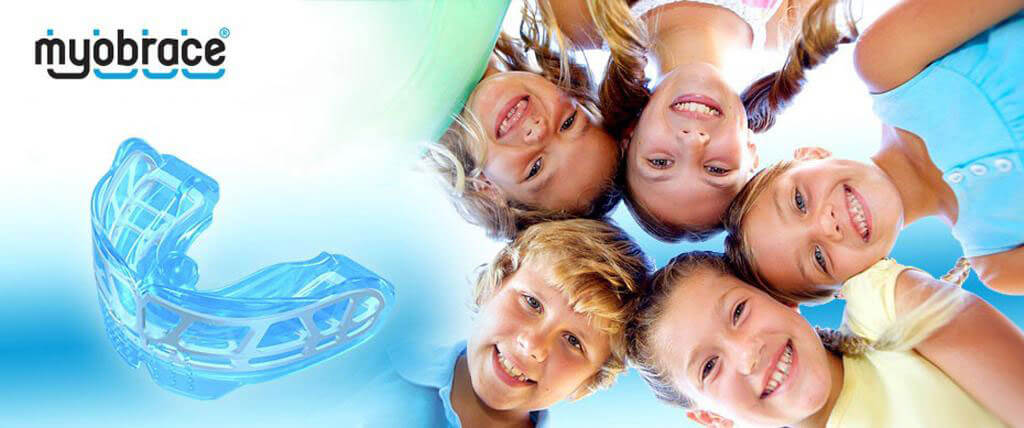At Park Dental Wellness Centre, we prefer to start seeing your child when they are as young as 6-18 months old. By seeing children soon after their baby teeth arrive, we can help identify potential conditions that may become a problem later and work towards preventing such conditions from getting worse.
It is much easier on children to take minor corrective measures than to see them for the first time when they are older and have a toothache or infection that must be treated in a scary first visit. Return visits for children should be at six-month intervals, since dental problems in children usually progress rapidly. Contact Park Dental to schedule a dental appointment for your child today.
It is very common these days for children to have crooked teeth, which is apparent from five years of age and is often attributed to hereditary factors. However, modern research has produced evidence that points to other causes, rather than blaming genetics for crooked teeth and poor jaw development
Mouth breathing, tongue thrusting, reverse swallowing and thumb sucking (known as incorrect myofunctional habits) appear to be major contributing factors. Even diet and bottle feeding can have a significant effect on the oral development of your child.
Allergies, asthma and an open mouth posture can also lead to incorrect jaw development. Most of us have had one or more of these myofunctional problems growing up, which may have been the cause of incorrect dental and facial development.
The good news is there are natural solutions to these issues, ones that can perhaps avoid braces or extractions for children. Many dentists and Myofunctional Therapists are aware of these factors and offer non-invasive and non-surgical solutions, like oral appliances and special exercises to correct these issues early before they have lasting effects.
Most parents don’t realize that mouth breathing in children is a complex health concern that can lead to sleep apnea, speech impediments, and improper facial growth.
It’s important for parents to look for signs of mouth breathing in children because they are not always able to communicate their symptoms. Similar to adults, children who are mouth breathers will breathe with their mouth open and will snore at night. Children who breathe through their mouths for most of the day may also have the following symptoms:
Children who have problems concentrating at school are often misdiagnosed with attention deficit disorder (ADD) or hyperactivity.
There is no single test for mouth breathing. A dentist may diagnose mouth breathing during a routine dental examination if you have bad breath, frequent cavities, or gum disease. If a dentist or doctor notices swollen tonsils, nasal polyps, and other conditions, they may refer you to a specialist, like an ear, nose, and throat (ENT) doctor for further evaluation. They may ask questions about sleep, snoring, sinus problems, and difficulty breathing.
The good news is there are natural, non-surgical and non-pharmaceutical solutions that can help your child with mouth breathing issues. Breathing Wellness dentists are trained to identify mouth breathing, and if applicable, can offer help in the form of oral appliances or special exercises to diminish the long term effects, like sleep apnea, braces and improper facial growth.

